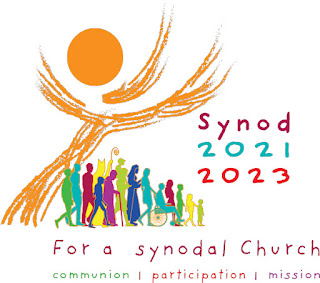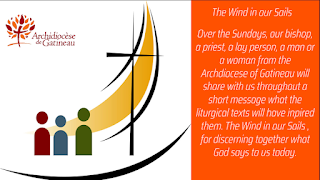A sixth wave of COVID, the crisis of climate change, renewed inflation, the war in Ukraine: we have so many reasons to feel discouraged. When will we finally get out of this?
We experience this kind of painful feeling every time it seems our life or our world is caught in a vicious circle. We repeat past mistakes, we return to unhealthy habits, we sink into renewed depression. We believed in peace, but here comes war again. We hoped for joy, but sadness overwhelms us. We expected healing, but the wound once again has been opened.
To believe in the resurrection of Jesus is to affirm that our perpetual restarts will not remain forever without a solution. It means finding hope in the heart of the vicious circles that surround us and committing ourselves to breaking out of them. It means refusing to be overwhelmed by discouragement and choosing to live fully, despite the limitations of the present moment.
Believing in the risen Jesus is to open ourselves to a living relationship, a source of courage and hope. We never walk alone, for he who conquered death walks beside us. Out of our curves and detours, he draws straight lines. With him, vicious circles become spirals that purify, transform and elevate us. Through him, forgiveness and reconciliation become possible, we can walk together despite our differences.
Let us therefore celebrate Easter with hearts inflamed by this conviction: in his Son Jesus, God opens a future for us. Christ is truly risen. Hallelujah!
+ Paul-André Durocher








